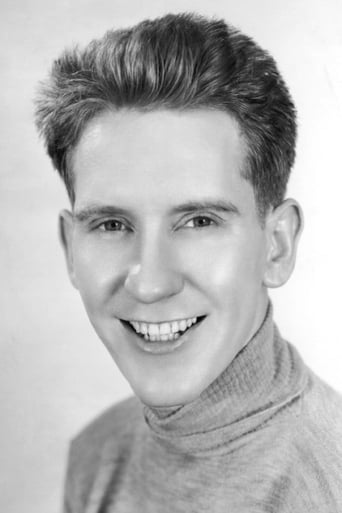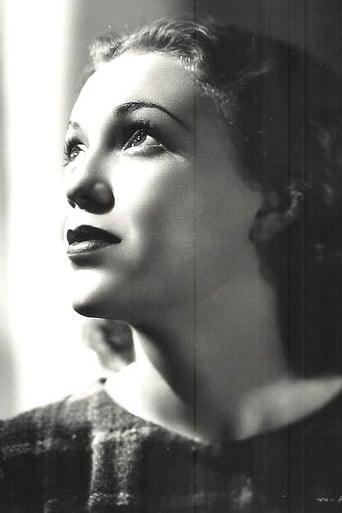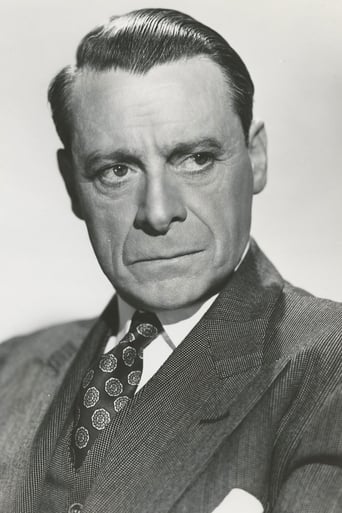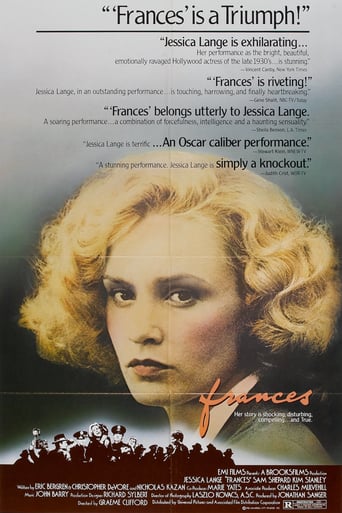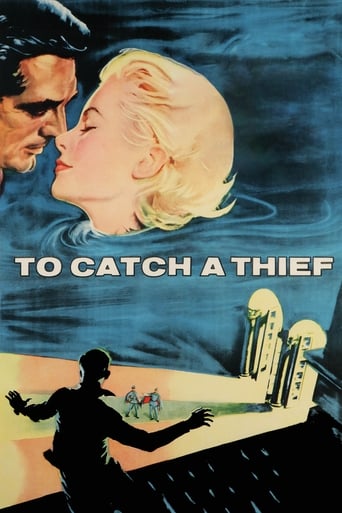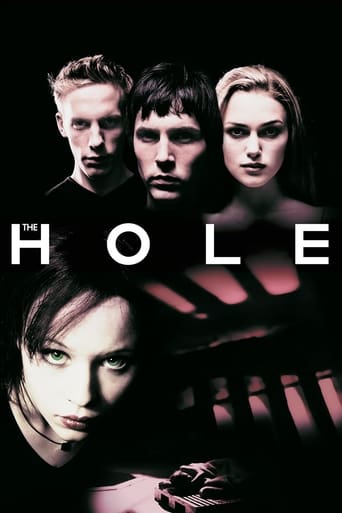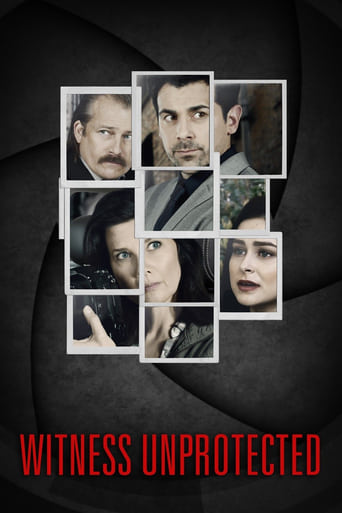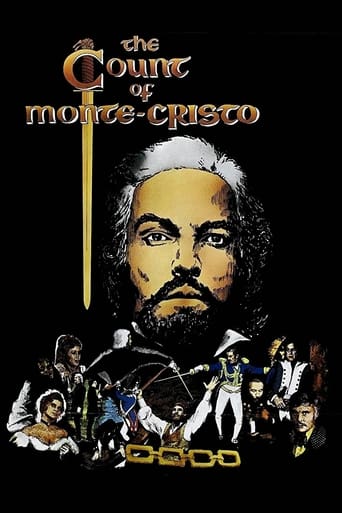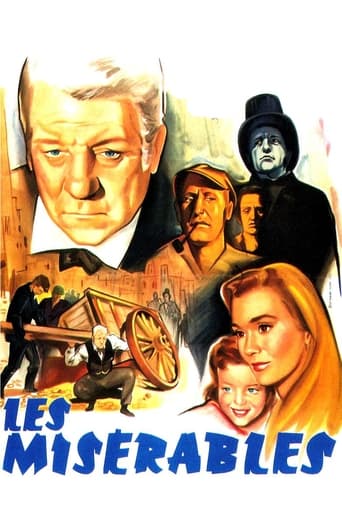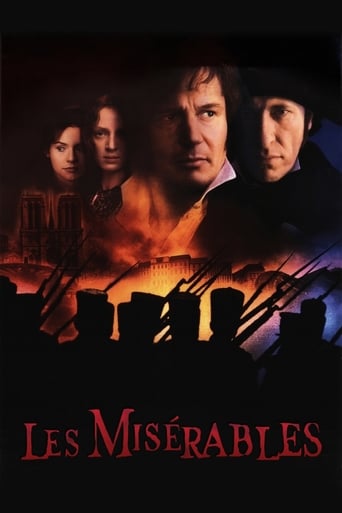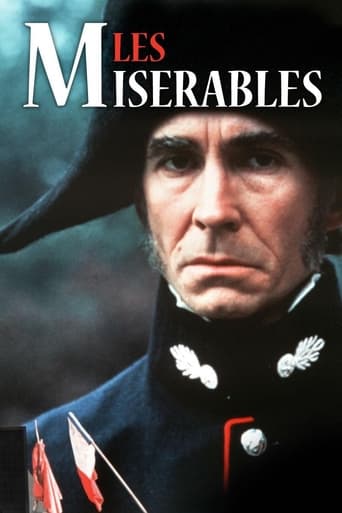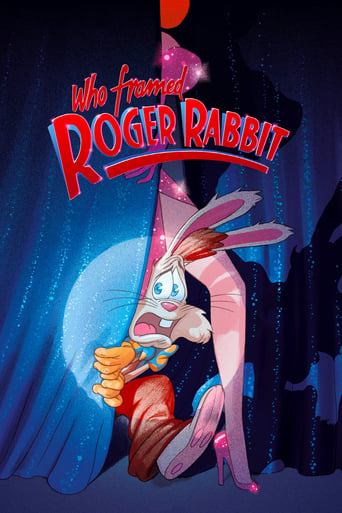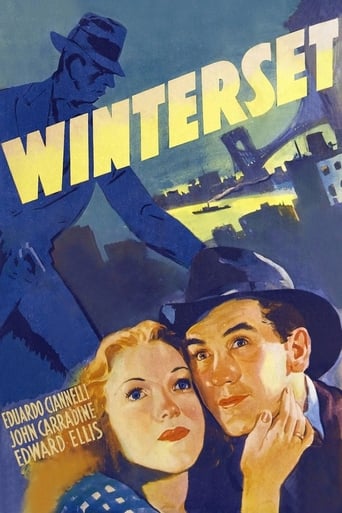
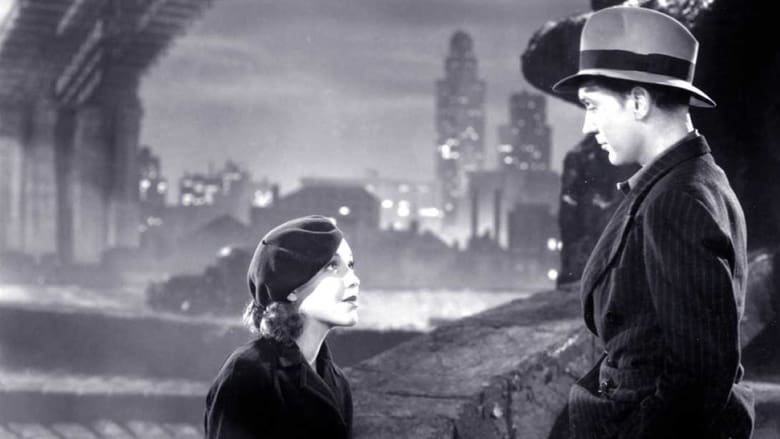
Winterset (1936)
A man is determined to find the real culprit behind the crime for which his father was wrongly executed.
Watch Trailer
Cast


Similar titles
Reviews
WINTERSET was a big hit on Broadway and RKO's decision to retain Burgess Meredith, Margo, and Eduardo Ciannelli to repeat their original stage roles is a major reason for the success of the film version. That they were able to adapt their performances to the intimacy of the camera is remarkable. Maxwell Anderson's dialogue is naturalized considerably from its poetic original but enough of the beautiful lyricism is retained in Anthony Veiler's screenplay to make it a very special script. While Ted Hecht must have been very good on Broadway as Garth, Paul Guilfoyle's performance in the film resulted in perhaps his best and most important screen work. Two other performances deserve special mention. Stanley Ridges as Shadow is menacing without being paranoid as is his boss, played by Ciannelli. Ridges' bloody appearance in the Esdras doorway is one of the most shocking screen moments in 30's cinema. And Willard Robertson, who made a career out of playing impatient meanies is beautifully obstinate as the boorish patrolman. Russian actor Maurice Moscovitch makes his screen debut as Garth and Miriamme's father. A veteran of the Yiddish Theater, Moscovitch later played Paulette Goddard's father in THE GREAT DICTATOR but died before that picture's release. Another Russian, Mischa Auer, makes one of his rare dramatic appearances as a social radical.The physical set is beautiful, especially the stone-style recreation of the alley and stairwells beneath the Brooklyn Bridge. Finally, the film boasts a rare original score by Nathaniel Shilkret. Shilkret was a longtime bandleader who made records for RCA. He was hired as part of the RKO music staff in 1936 to replace Max Steiner who was leaving to join fledgling org Selznick-International. Shilkret's bold compositions for WINTERSET enhance the theatricality of film, though most of the dupe prints extant on video reproduce the soundtrack with very limited fidelity.For modern audiences with little patience for plays-made-into-films that represent their stage origins, WINTERSET will be a disappointment. But for those who can appreciate the care with which director Alfred Santell took to recreate much of the prosaic beauty of the Broadway original, WINTERSET will be a rewarding experience - if you can see it in a respectable copy.
What we have to ask ourselves is what are the chances that a judge who sent an innocent man to the chair some sixteen years previously and has taken to wandering Lear-like the streets of the city in inclement weather, will fetch up in the hovel-like home of the one witness who, had he been called to the stand could have proved the innocence of the condemned man, at the same time as the son of the condemned man, now a drifter, who has arrived, purely by chance from the other side of the country or 3,000 miles whichever is the greater, and, for good measure, the actual real killer. This is beyond contrivance and is not helped by the poetic dialogue playwright Maxwell Anderson puts into the mouths of his characters, particularly that of the son. Anderson clearly based his play - adapted by himself for the screen - on the execution in 1927 of Sacco and Vanzetti widely believed to be innocent of and crime. In an effort to distance his story from the real case Anderson moved the time back to 1930 and dispensed with one of the two falsely accused but while the case was still generating ink in the US decades later it had little impact in the UK. Anderson meant well and had a penchant for lofty themes but seen in 2015 it seems both stilted and dated.
The chance to see Broadway players recreate their performances on film back in the day should never be missed. Burgess Meredith, Margo, and Eduardo Ciannelli recreate their stage roles from Winterset in this 1936 film. But the story itself is horribly dated, mostly with a lot of left wing rhetoric which gets in the way of the plot.Probably back in 1936 no one cared as the cause of Sacco&Vanzetti was still fresh in everyone's mind. Today it is still debated by historians and legal scholars and the two working class Italian-Americans are still venerated in Italian-American households of a more liberal persuasion in their politics. But the average American today knows the case vaguely if at all today.The men went to the electric chair in Massachusetts protesting their innocence as does John Carradine in this film. Before Carradine dies he imparts a sense of mission to his son who grows up to be Burgess Meredith to find the real guilty parties.A review of the case by a law school class saying that the state electrocuted the wrong man brings new attention to the case, not something that Eduardo Ciannelli likes. He was the real trigger man in the case and now he's a big shot gangster.Rather improbable events bring Meredith, Ciannelli, the judge Edward Ellis now a drunken derelict, Paul Guilfoyle another accomplice, Guilfoyle's father Maurice Moscovitch and his sister Margo all together on a rainy and stormy night.Maxwell Anderson wrote the original play and I have to contrast it with another of his plays that made it to the screen, Key Largo. It was another film where various folks are trapped in a storm and interesting things happen. Winterset never really sheds its stage origins and can't shake the rhetoric. Contrast that to Key Largo which never loses your interest for a second and while most of the action takes place in a closed down out of season hotel where the cast is holed up you never get any sense of staginess in it. The rhetoric is there, but it never gets in the way of the story as in Winterset.Even with Oscar nominations for Art Direction and Musical scoring Winterset is a relic of bygone days.
I like this film. It is an interesting retelling of a point of view regarding one of America's most controversial trials - the 1921 - 1927 legal ordeal of Nicolo Sacco and Bartholomeo Vanzetti for the murder of two men in a payroll robbery in Massachusetts. Both were Italian anarchist immigrants in the U.S. Both were convicted by juries which were local Yankee in make-up, not having any non-Yankees on them. Certainly no Italian Americans. The judge, Webster Thayer, was an openly bigoted man. But thousands of people around the country and the world attacked the verdict, and demanded a retrial. Among those who attacked the trial was George Bernard Shaw, Edna St. Vincent Millay, Sinclair Lewis, Fiorello La Guardia, and (in a move that opened his later great judicial career) Felix Frankfurter. After going through appeals, and the revelations of a fellow prisoner that the payroll robbery was committed by a local criminal gang, the matter was left to a small commission headed by President Lowell of Harvard College. It turned out to be a whitewash. In the end, the two men were electrocuted. Thayer's and Lowell's reputations never recovered from this.Scholars on the case are still divided on the guilt or innocence of the two defendants - some have suggested they were both railroaded, or that Sacco was more likely to be guilty, but Vanzetti was probably innocent. Today, nearly eighty years after their deaths they still remain a flash point regarding American bigotry. In 1977, on the 50th Anniversary of their deaths, Governor Michael Dukakis formally pardoned both men.Maxwell Anderson wrote about the subject twice: the play WINTERSET and the play HIGH TOR. Anderson's reputation as a dramatist has been inflated over the years by critics like Brooks Atkinson. He could occasionally write a well done play, but he was not on the level of his contemporary Eugene O'Neill. O'Neill's tragedies (especially his final ones) was based on personal demons from his family and his life. O'Neill was also willing to experiment on stage with masks (THE GREAT GOD BROWN) or with internal counter-dialogs (STRANGE INTERLUDE) or even with trilogies based on Greek originals (MOURNING BECOMES ELECTRA). Anderson only experimented one way - he tried blank verse plays (ELIZABETH THE QUEEN, MARY OF Scotland), and did not do it too well. But here he obviously was passionately determined to defend the memory of the two Italian - American anarchists. His plot is based on developing the thread of the confession (mentioned above) that the murders were planned by a local criminal gang. The gang's leader is Eduardo Cianelli, a brutal criminal who framed the two men by stealing their car as the getaway car.But the strength of the confession is furthered by claiming the judge was bribed (Thayer was biased but not bribed). Edward Ellis (best recalled as the missing inventor in THE THIN MAN) is the corrupt jurist, who is now a wandering derelict. Vanzetti's famous final letter from the death cell (an elegant final comment that is the basis of contention between Henry Fonda and Eugene Palette in THE MALE ANIMAL) is the basis for the elegant denunciation of the judge in the court by John Carridine (note that his character's first name is also Bartholomeo). Ironically, today, it is believed that elegant final message of Vanzetti may have been written in part by a reporter who supported the defendants.The son and daughter of the dead men (Burgess Meredith and Margo) are seeking to prove their innocence. But they run against the determination of Cianelli, and his goons. The film is fascinating enough, and concludes satisfactorily (much more than the actual case did). The plot's conclusion also leads to a more prosaic point - if you plan to use a signal to destroy someone, don't forget that signal and use it yourself. See the film to understand that last point.


